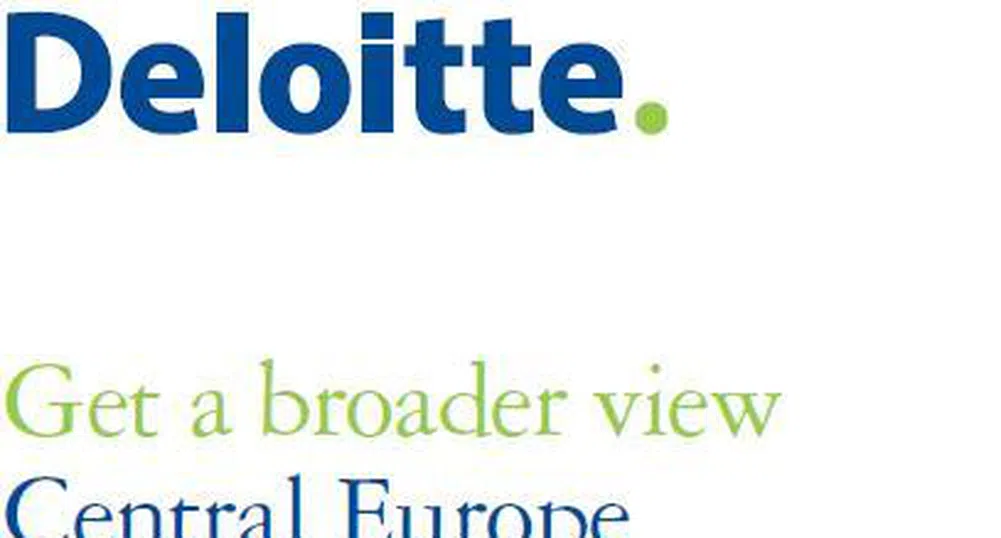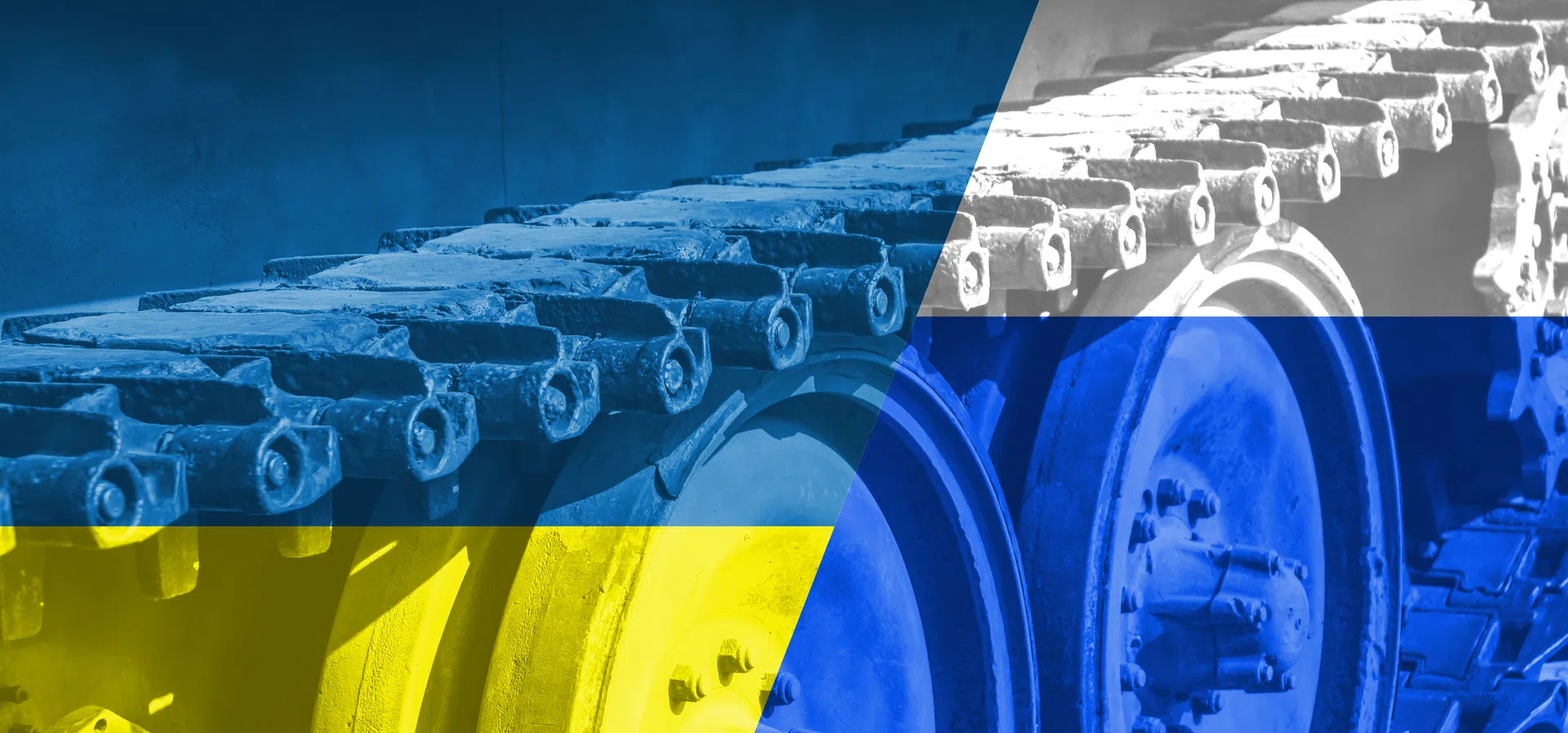Deloitte Ranks Central Europe's Biggest Companies

Having teetered on the verge of economic meltdown in early 2009, the Central European (CE) region has drawn back from the edge as the result of rigorous action by national governments, the EU, other international organizations and the region's leading businesses.
This is one broad conclusion of the 2009 Deloitte CE Top 500 report, which as well as ranking the region's 500 largest companies draws on the views of leading economists, academics and other experts to provide a fascinating and insightful analysis of how a region of 18 very different countries has combated the impact of a once-in-a-lifetime moment of shared crisis.
The report also concludes that the question now facing the region is not so much whether or when recovery will come, but how rapid and sustainable it will be. In addition, however, it warns that it is those companies and countries that have effectively grasped the opportunity to overhaul and reform creaking structures, systems and processes that will emerge in the years to come as the strongest players in the region.
"The next edition of our ranking is likely to show precisely the havoc that the crisis has wrought in Bulgaria and on the region as a whole", says Ilian Vassilev, Chairman Deloitte Bulgaria. "This year, however, we can conclude that those companies best prepared for the downturn were those from sectors which are traditionally most resilient to financial crisis - those providing energy and resources (oil industry) and those which are flexible enough to respond to new customer needs (automotive sector). Good chances have the manufacturing and high technology companies which have found growth alternatives outside the EU market - especially in sector of renewable energy resources and effectiveness", concludes he.
This year's ranking is again headed by PKN Orlen, Poland's oil refiner and petroleum distributor, followed by the MOL of Hungary and the Ukrainian MetInvest Holding. The Bulgarian companies that made up in the CE Top 500 are 14. Most significant presence in the selection has the Energy sector (10 companies in total), followed by Manufacturing (2) and the Technology, Media and Telecommunication sector (2). Lukoil Neftochim is the leader amongst Bulgarian companies with its 32nd position in the overall ranking, followed by the Bulgarian Energy Holding (BEH) and Lukoil Bulgaria - respectively at 53rd and 60th positions.
Deloitte ranks also Top 50 in the Banking Sector which top position is occupied by OTP Bank, Hungary. Of the Bulgarians banks exclusive presence has only UniCredit Bulbank. According to Levon Hampartsumyan, Executive Director of Bulbank, among Bulgaria's strong economy sides are "the monetary board and foreign currency reserves, as well as the good instincts of Bulgarian businessmen who are already experienced in dealing with crises times from before".
The biggest foreign investors by revenue are Volkswagen, the auto manufacturer, Metro, the retailer and Arcelor Mittal, the multinational steel group.
The 2009 report provides a dramatic comparison between the region's fortunes during the last 12 months and the previous years, when - to quote the report - CE was "the darling of global economies". The shift, when it came in late 2008 and early 2009, was dramatic. The collapse in key indicators, including the average year-on-year GDP growth rates of 7.2% that were achieved between 2005 and 2007, is vividly described by Dr Daniel Thorniley, President of DT Global Business Consulting GmbH: "GDP and industrial output figures were crashing along with currencies. It looked in those weeks as though a systemic crash could bring down the whole region or several parts of it," he writes in the report.
As the third consecutive report, this year's ranking enables easy comparison between the performance of region's largest companies over the last 12 months with that of previous years. It also shows clearly how the experience of the region's 500 largest companies tracks that of its countries, with the first three-quarters of 2008 continuing the story of growth, followed by the impact of the global economic and financial crisis. During 2008, 388 companies (78% of the top 500) increased their revenues by an average of 20%. In the first quarter of 2009, 76% of those companies on which Deloitte has financial information saw their revenue decrease by 23% compared with the first quarter of 2008.
The picture is similar across a range of industries in the region, with first quarter data for 2009 indicating significant drops in revenue for manufacturing (down by 33%), real estate, (22% decline) and energy and resources (E&R, 17% decrease). With a revenue decline of just 1%, the life sciences and healthcare sector was virtually unique in suffering little or no impact.
As in previous years, the E&R sector was still the most widely represented in the Top 500 in 2008 with 30% of all entries. Manufacturers declined from 27% of the list in 2008 to just 23%, mainly as a result of the reduced export opportunities in Western Europe.
Among CE's countries, Poland was a special case, by avoiding a recession, with GDP growth in the first two quarters of 2009 standing at 0.8% and 1.1% respectively. Alongside this group of one, Deloitte has identified another two sets of countries based on their likely ability to recover quickly from recession The first, comprising those countries that are likely to find recovery more challenging, is made up of Croatia, Estonia, Hungary, Latvia, Lithuania, Macedonia, Serbia and Ukraine. The countries that appear to be in better shape for rapid recovery are Albania, Bosnia-Herzegovina, Bulgaria, the Czech Republic, Moldova, Montenegro, Romania, Slovenia and Slovakia.
The Central Europe Top 500 ranking is compiled based on consolidated company revenues for the fiscal year ending 2008. The rankings are based on revenues reported by a particular legal entity operating in Central and Eastern Europe. The ranking groups companies by industry and country. We also display the ranking of the largest Central European companies by market capitalisation as of 31 December 2008 and a list of the major foreign investors in the region.
In cases where revenue for the fiscal year 2008 was not available, we used the reported 2007 revenue as a proxy for 2008. Revenue has been calculated in Euros at the relevant average exchange rates for 2006, 2007, and 2008. The revenue for subsidiaries of large groups has been reported as part of the consolidated revenue and shown separately for those subsidiaries.
Quarterly data was collected for a limited number of companies (30% on average) and this is largely unconsolidated data.
Deloitte has sourced the information by individually approaching the companies themselves, from publicly available databases and estimates based on a comparison with last years' results and our research.
)

&format=webp)
&format=webp)
&format=webp)

&format=webp)
&format=webp)
